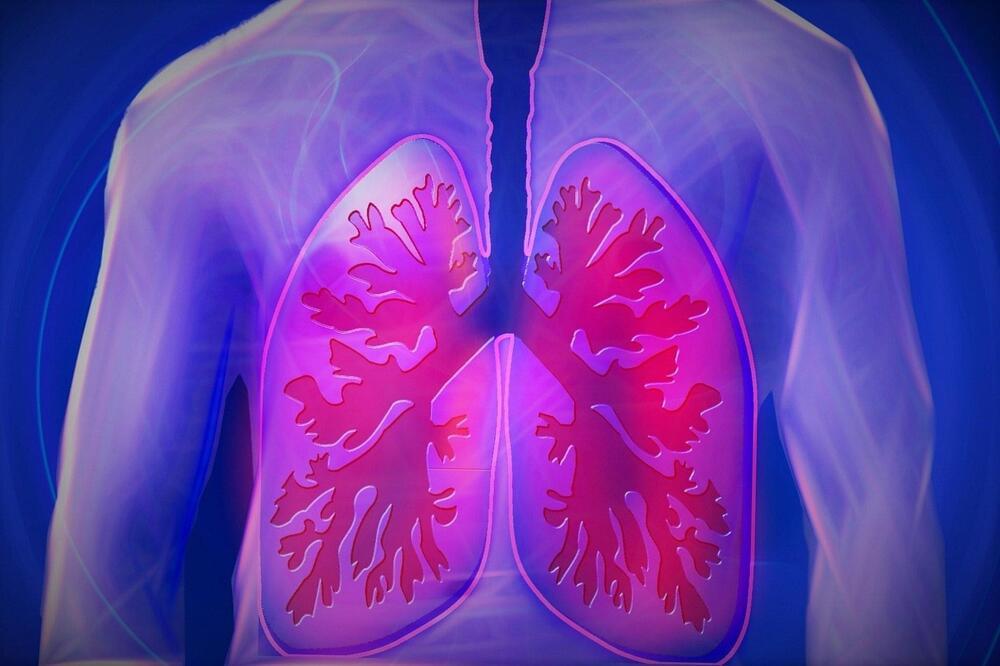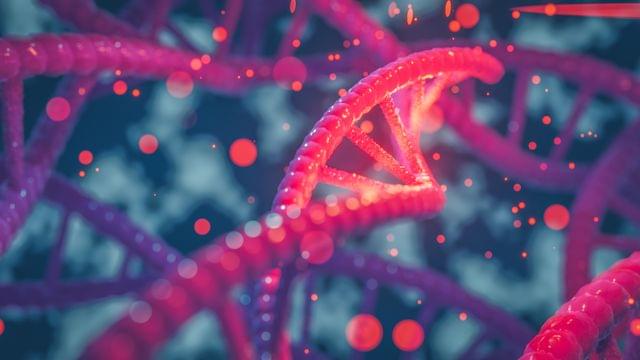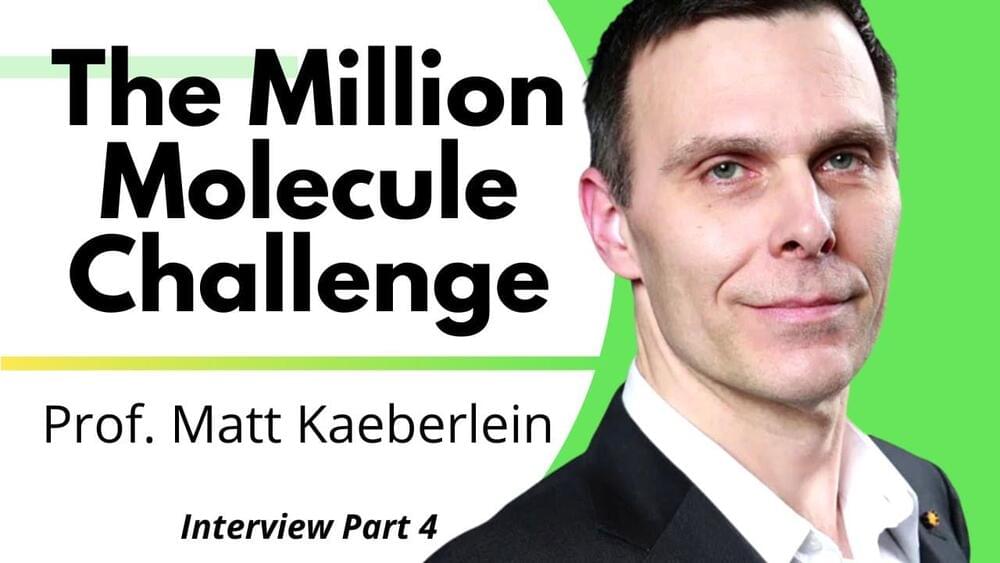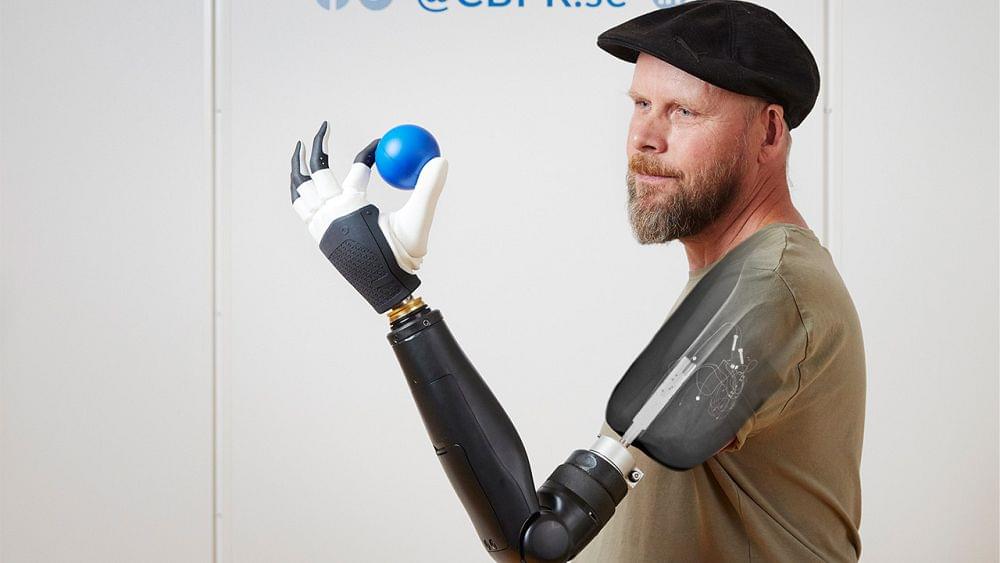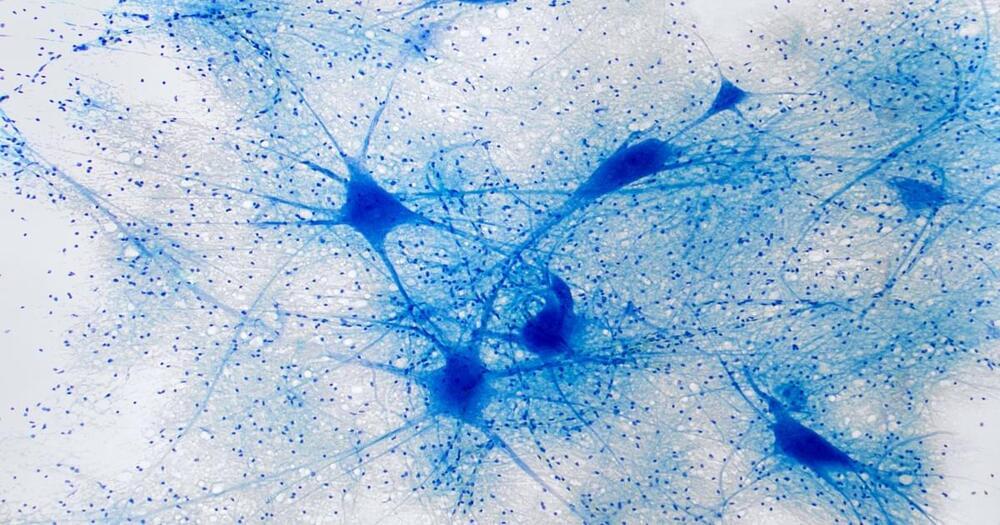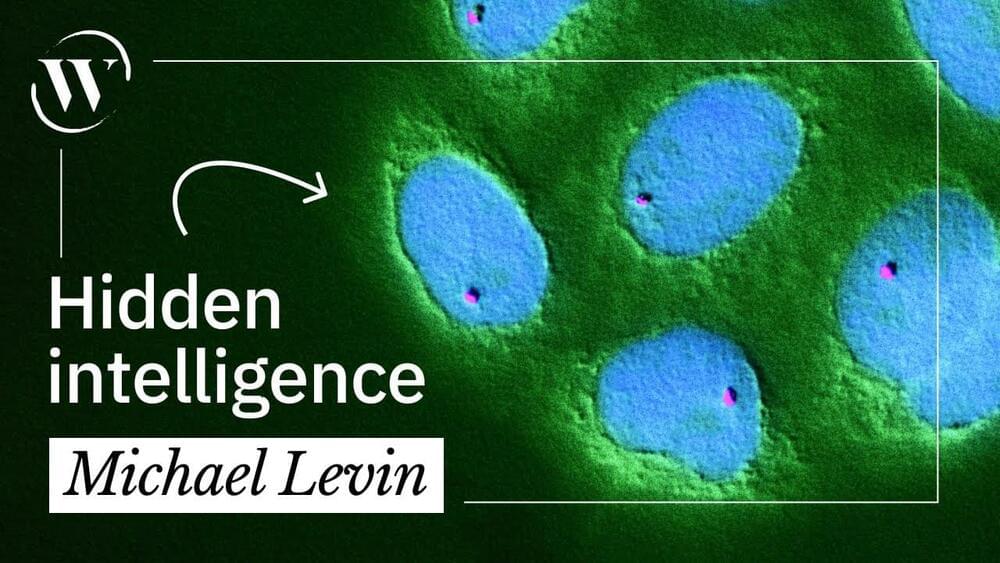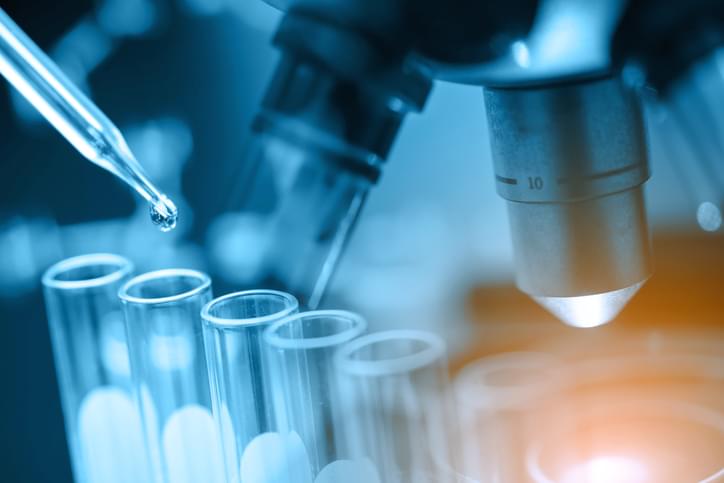Aug 26, 2023
Researchers discover novel approach for rebuilding, regenerating lung cells
Posted by Shubham Ghosh Roy in categories: biotech/medical, engineering
Researchers from the Center for Regenerative Medicine (CReM), a joint venture between Boston University and Boston Medical Center, have discovered a novel approach for engrafting engineered cells into injured lung tissue. These findings may lead to new ways for treating lung diseases, such as emphysema, pulmonary fibrosis and COVID-19.
The two studies describing the methodologies for engineering lung stem cells and transplanting them into injured experimental lungs without immunosuppression appear online in Cell Stem Cell.
For more than 20 years, the scientists leading this work have pursued a way to engraft cells into injured lung tissues with the goal of regenerating lung airways or alveoli. They suspected that for engraftment to be long-lived and functional it would be important to reconstitute the stem or progenitor “compartments” of the lung, also sometimes known as stem cell niches.
